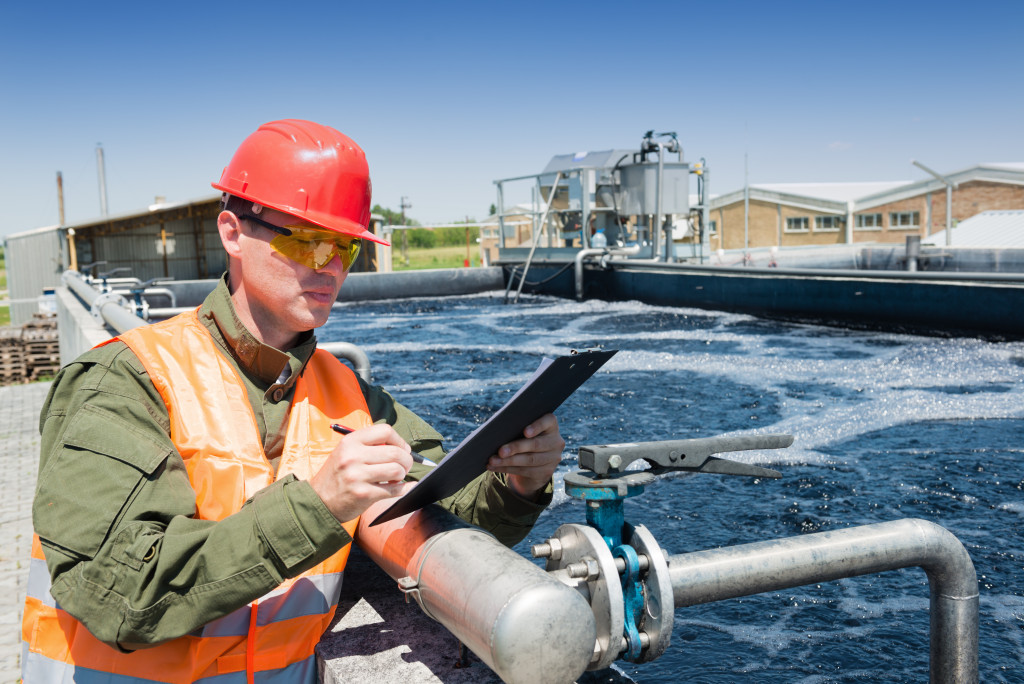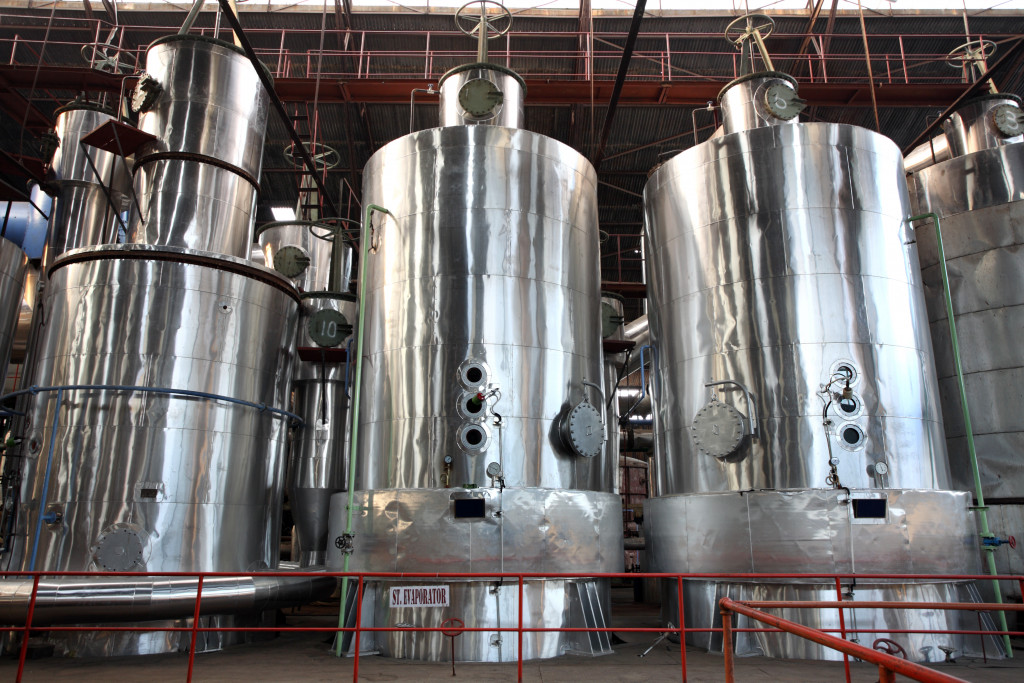Disclaimer: The World Wide Wine. This site provides food and drink content for informational purposes only.
Water is a valuable resource for nearly every industry. Water is used in the food and beverage industry to make beverages and produce food. Water is necessary to clean engines and parts in the auto manufacturing industry. Water is used in nearly every industry because it is essential for manufacturing and cleaning.
If your business uses water in any capacity, you need to have a plan for managing your water use. A water management plan will help you conserve and protect this valuable resource. Here are a few tips for developing a water management plan for your business.
Identify Water Purpose
The first step in developing a water management plan is to identify the purpose of the water you are using. Is the water being used for drinking, cleaning, or manufacturing? Once you know the meaning of the water in your operations, you can develop a plan to optimize its use.
For industries using water for cleaning or sanitizing, all you might need is to secure commercial supply. An industrial tank and proper plumbing systems will help you maintain water quality and quantity for your operations. If you need to use potable water for drinking or cooking, you will want to implement different management strategies.
Medical and pharmaceutical industries, however, have specific water needs. These businesses require purified water for their operations. As a result, these companies need to have a plan for securing and treating their water supply.
Determine Quality Standards
The next step is to determine the quality standards for your water. The quality of your water will impact your entire operations, from the products you produce to the cleanliness of your facilities. If you are using water for drinking or cooking, you must meet potable water standards. For industries using water for cleaning or manufacturing, different standards might apply.
It is important to note that even if you are not using water for drinking, it could still come into contact with people. As a result, you will want to maintain high water quality standards to protect your employees, customers, and the reputation of your business.
Work with a Water Treatment Professional
After you have determined the purpose and quality of the water you need, it is time to find a water treatment professional who can help you develop a plan for securing and managing your water supply. A water treatment professional can recommend the correct type of water filtration or purification system for your business. They can also help you develop a schedule for routine maintenance and service.
A water treatment professional can also advise you on conserving water in your operations. By working with a water treatment professional, you can be sure that your business has the cleanest and safest water possible.
Inform Your Maintenance Team

Be sure to inform your maintenance team of the water management plan for your business. The team should be aware of the type of filtration or purification system you have. They should also know how often the system needs to get serviced. By informing your maintenance team, you can ensure that your water supply is always clean and safe.
As a business, you must ensure that you provide your maintenance team with the right equipment and supplies to maintain your water filtration or purification system properly. If the maintenance team is not adequately equipped, they cannot properly clean or sanitize your water supply. This could lead to bacteria growth or contamination in your water.
Air valves are essential to maintaining the equipment for a water supply because they help remove air from the system. This is important because if the air is allowed to remain in the design, it can cause the equipment to malfunction. By removing the air from the system, you can help prevent this from happening. Broken air valves should never happen to avoid any issues with operations. As a result, you might have to stock up on premium air valves for immediate replacements.
Monitor Water Usage
To correctly manage your water supply, you must monitor your water usage. This will help you determine if you are using too much or too little water. It can also help you identify potential leaks in your system.
Monitoring your water usage can be done manually or with the help of technology. If you choose to use technology, there are a variety of water monitoring systems available. These systems can be installed by a water treatment professional.
When choosing a water monitoring system, ensure it is compatible with your filtration or purification system. This will ensure that you can adequately monitor your water usage.
Conclusion
By following these tips, you can ensure that your business has a clean and safe water supply. This will protect your employees, customers, and the reputation of your business.

